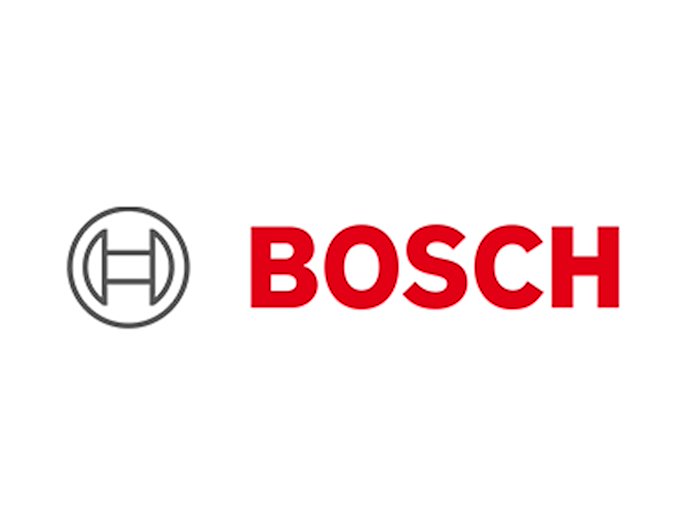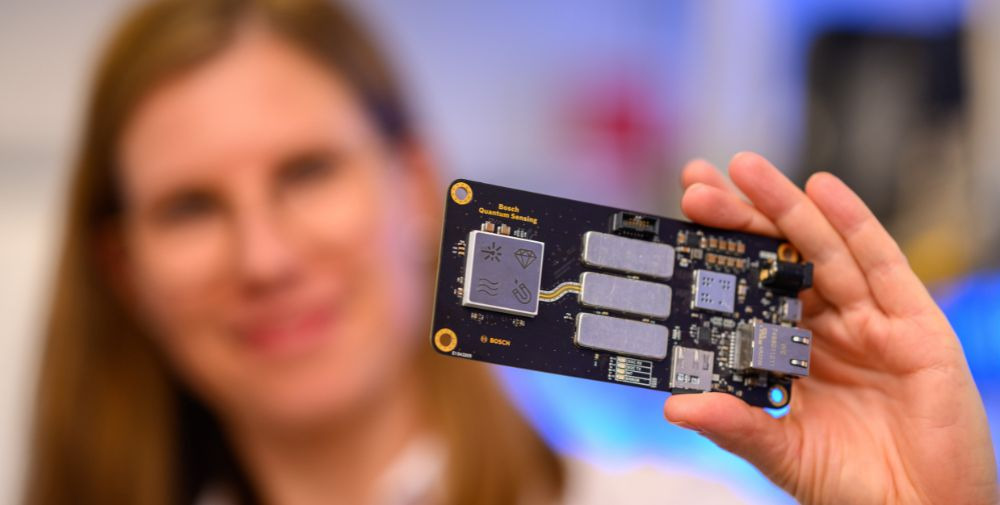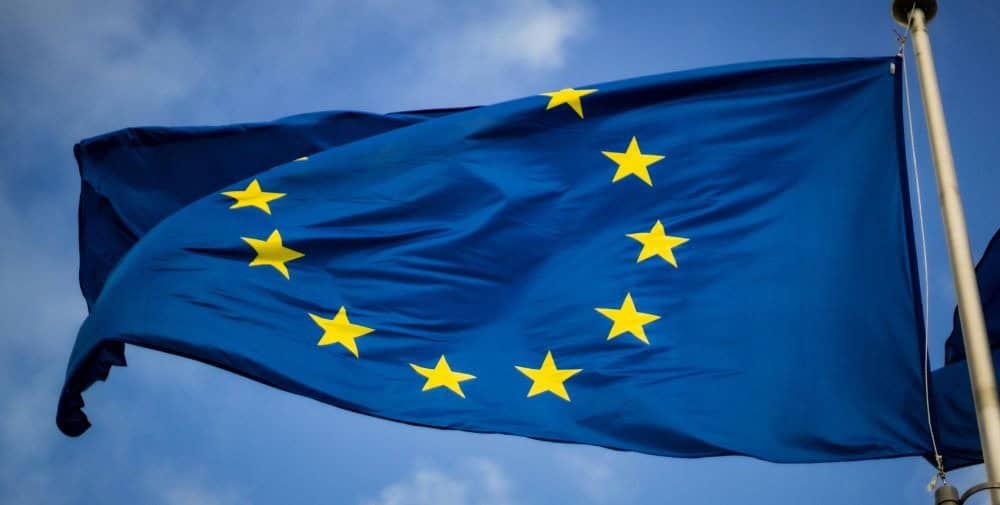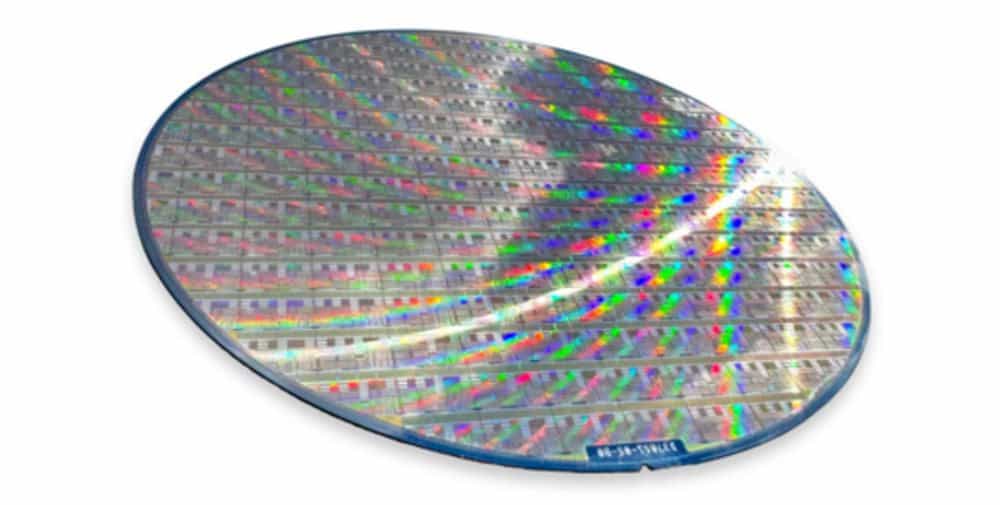
One example of this is sensors that will record nerve impulses in the future to control medical prostheses and thus improve the quality of life of those affected. “In medicine, we are creating technology for life with quantum sensors in line with our guiding principle. By the end of the decade, we want to be a leader with our technology,” says Dr. Stefan Hartung, chairman of the Bosch board of management.
Nobody can be smaller: Bosch leads the way in miniaturization
When it comes to size, the technology company is already playing right at the front: The Bosch sensor prototype is the smallest currently available with this level of measurement accuracy. It is about the size of a cell phone. The compact design offers considerable advantages wherever space is at a premium – for example, in industrial applications in vehicles, on airplanes, or even in hospital emergency rooms. The smaller the sensor, the greater the resulting plus points: Smaller sensors are portable, cheaper to produce and therefore more scalable. “Our goal is to miniaturize quantum sensors to the point where they can be integrated on a chip,” says Dr. Katrin Kobe, who is responsible for sensor commercialization at Bosch Quantum Sensing. In perspective, this will enable additional sensor applications.
Quantum sensors could save lives in the future
In medicine, quantum sensors from Bosch could help save lives in the future: they measure the heart’s natural magnetic field, enable uncomplicated measurements over a longer period of time, and thus provide far more data than today’s electrocardiographs (ECGs). An ECG is attached directly to the skin. If the electrodes slip out of place, this leads to measurement inaccuracies and also costs valuable time to attach in an emergency. Quantum sensors, on the other hand, can be incorporated into items of clothing or mattresses, for example. This speeds up diagnosis in the emergency room and enables simple and precise monitoring at home as well. The early detection of atrial fibrillation, one of the causes of life-threatening strokes, heart failure and dementia, is thus within reach for the first time. Early diagnosis with the help of quantum sensors could thus, in the best case, lead to the prevention of a fatal stroke.
High-precision navigation: in the air, on the road, on water
In addition to medical technology, quantum sensors could also be used in mobility. One example is navigation. While a global positioning system (GPS) is susceptible to interference, quantum sensors measure the earth’s unchanging magnetic field and are thus resistant to external influences. In the air, on the road and on water, they enable highly precise navigation. In addition, quantum sensors could also offer considerable added value in electromobility. There, they could be used in the future to precisely measure the magnetic field of the electric current and thus determine the exact charge level of the battery. This would make the determination of the remaining range more reliable, and trips could be better planned as a result.
– – – –
Further links
👉 www.bosch.de
Photo: Bosch



